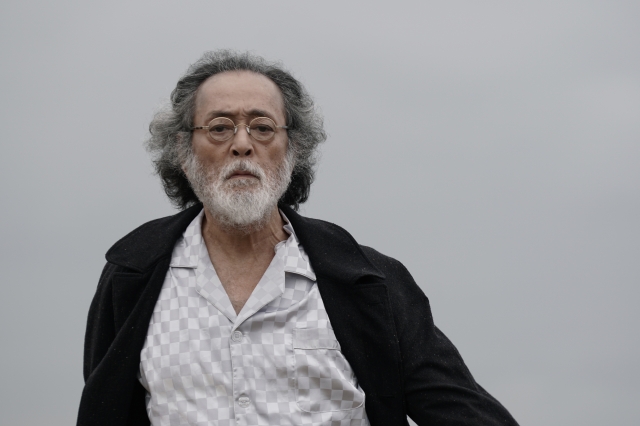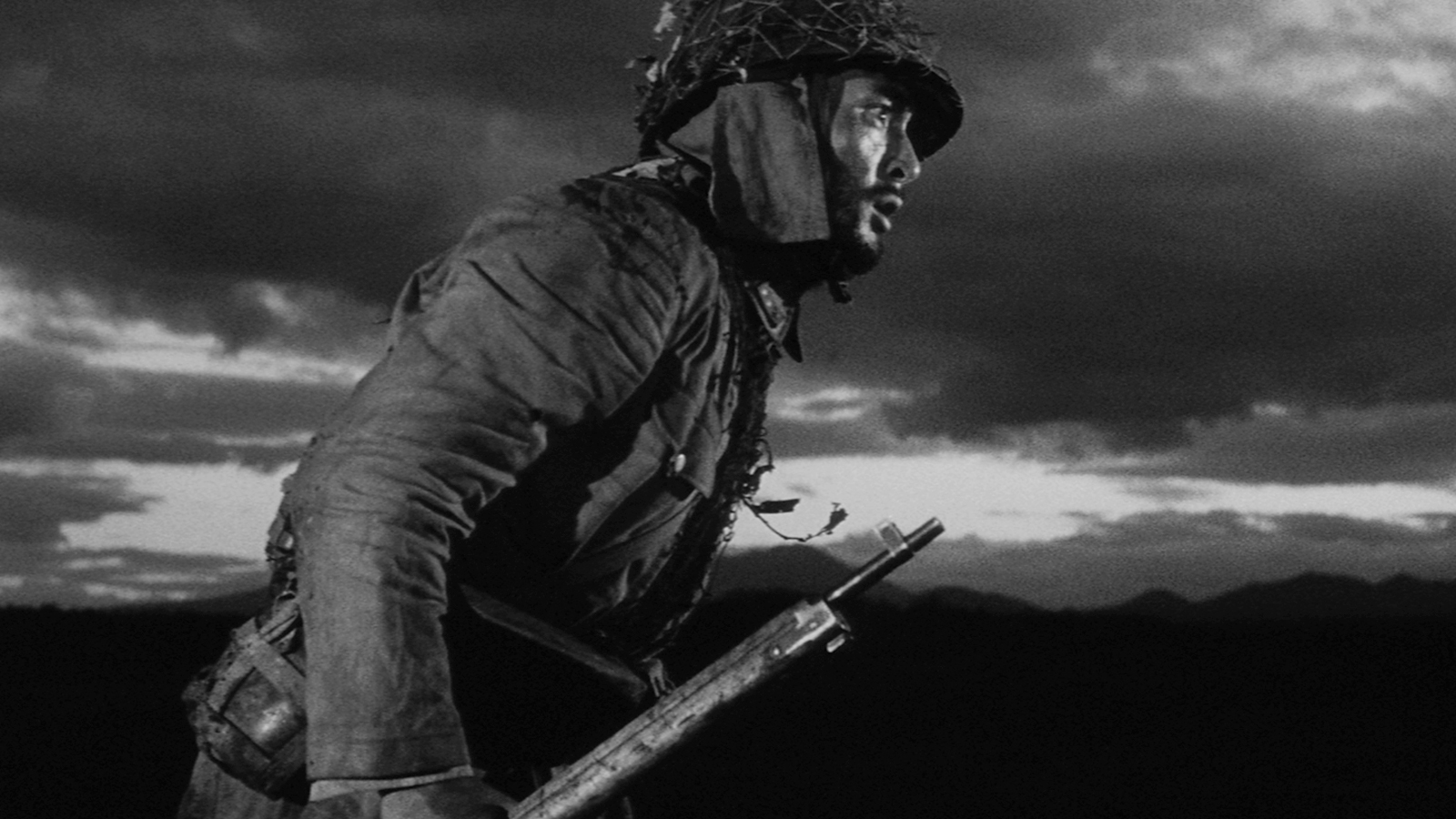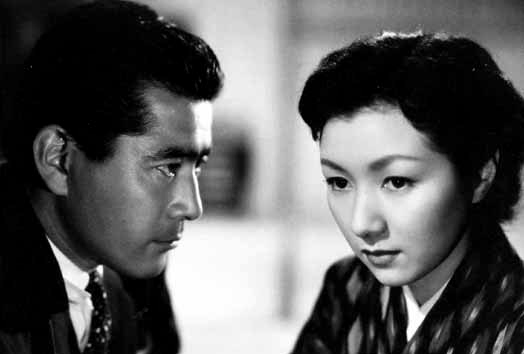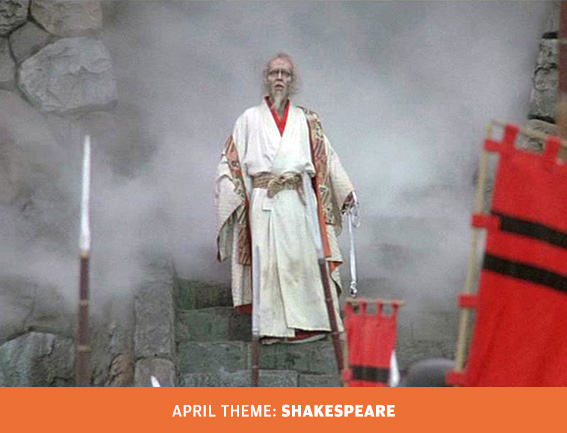To Mifune Rikiya 11 June 2021, 6.30 p.m. – the opening of a small retrospective of ten films dedicated to the great Japanese actor Toshiro Mifune at the Japanese Cultural Institute in Cologne, Germany. It may not look like a big event, but for me it is the culmination of a long and highly emotional […]





